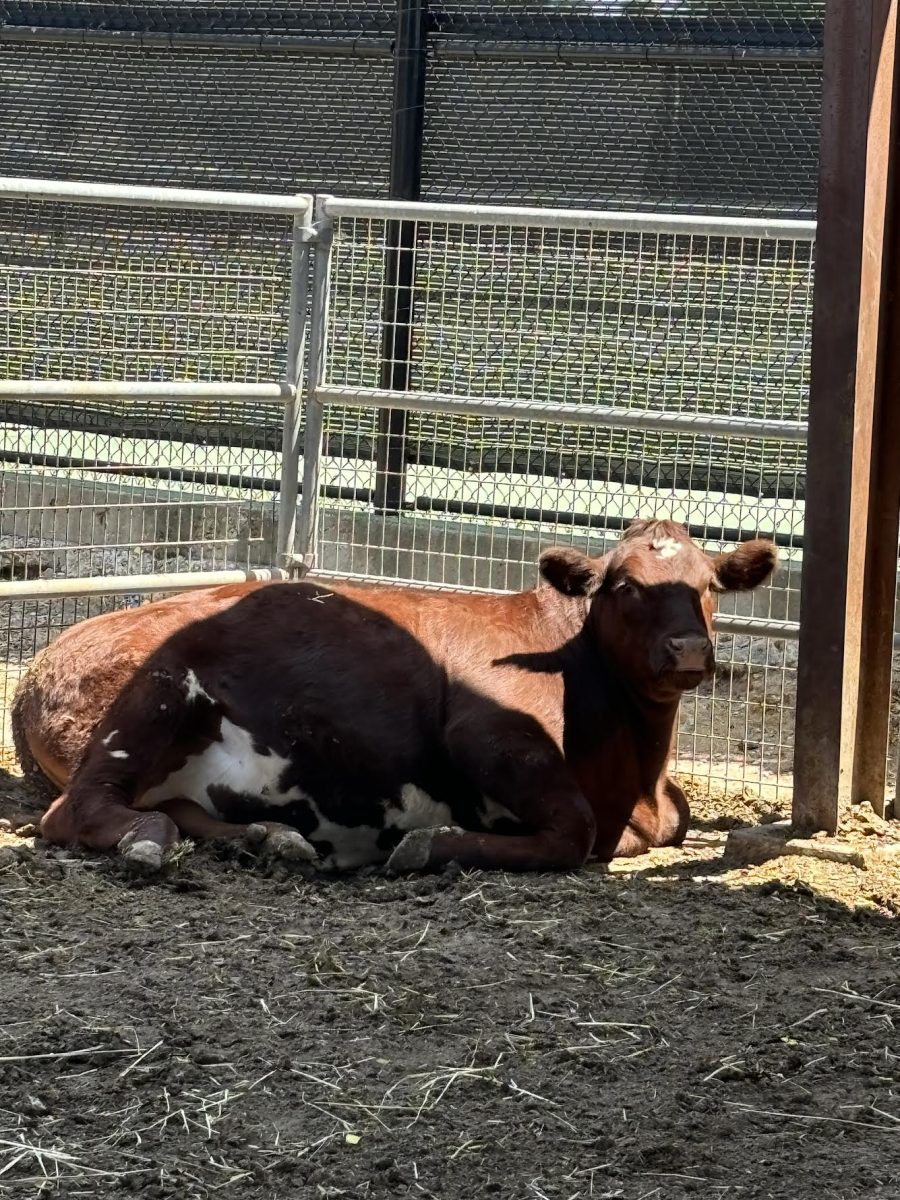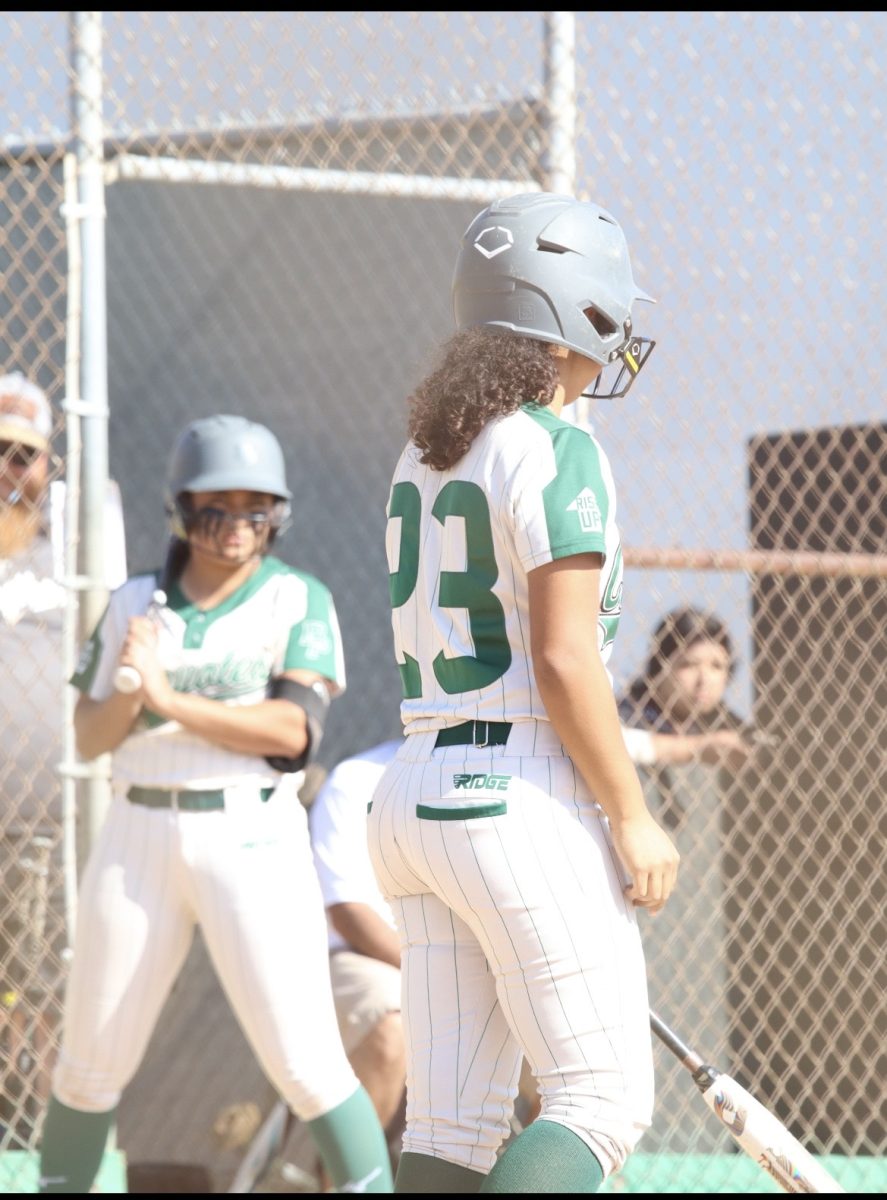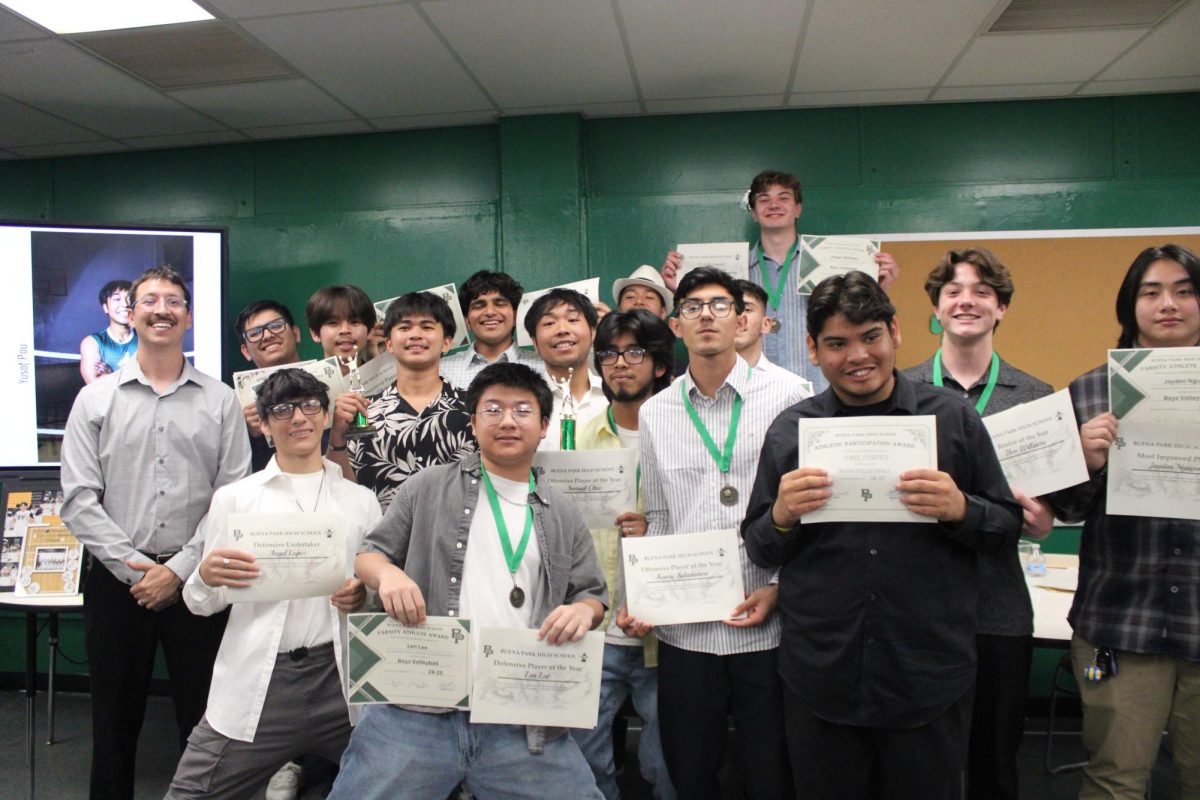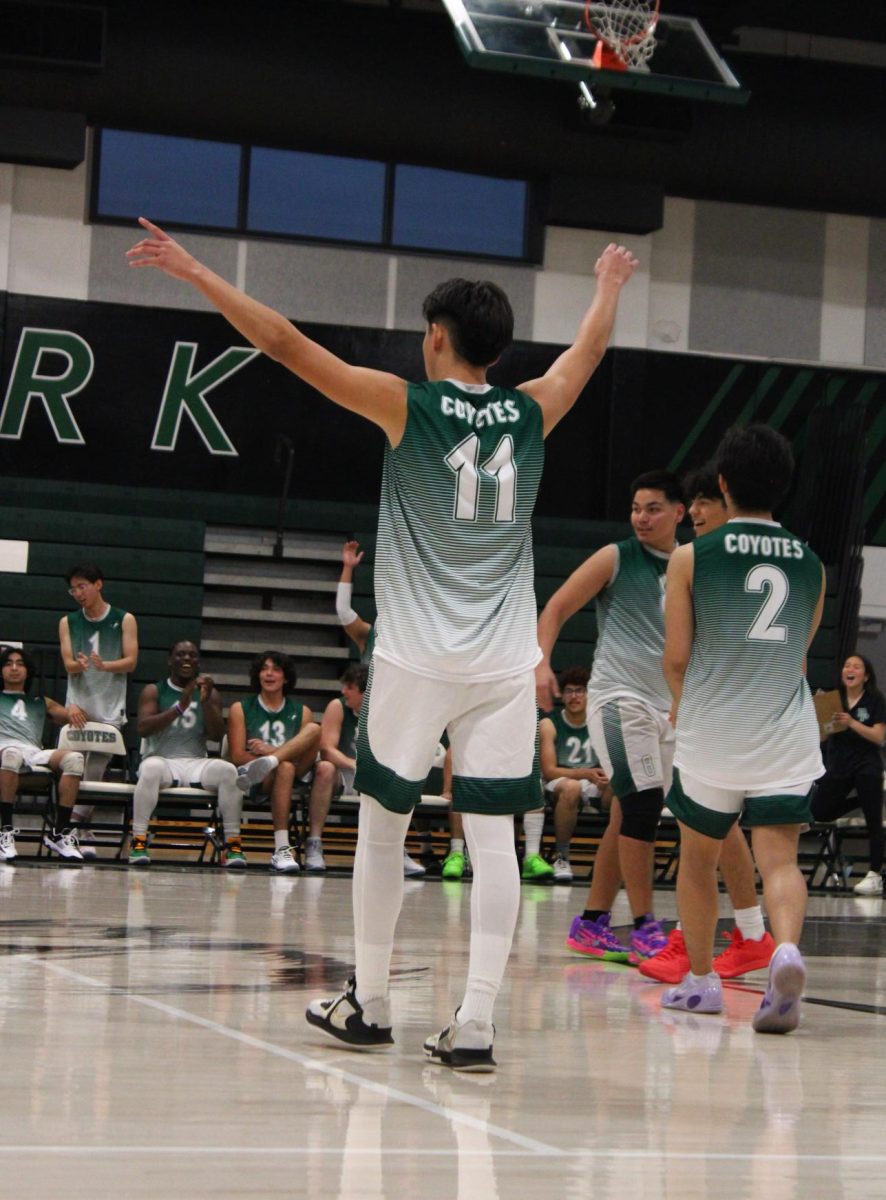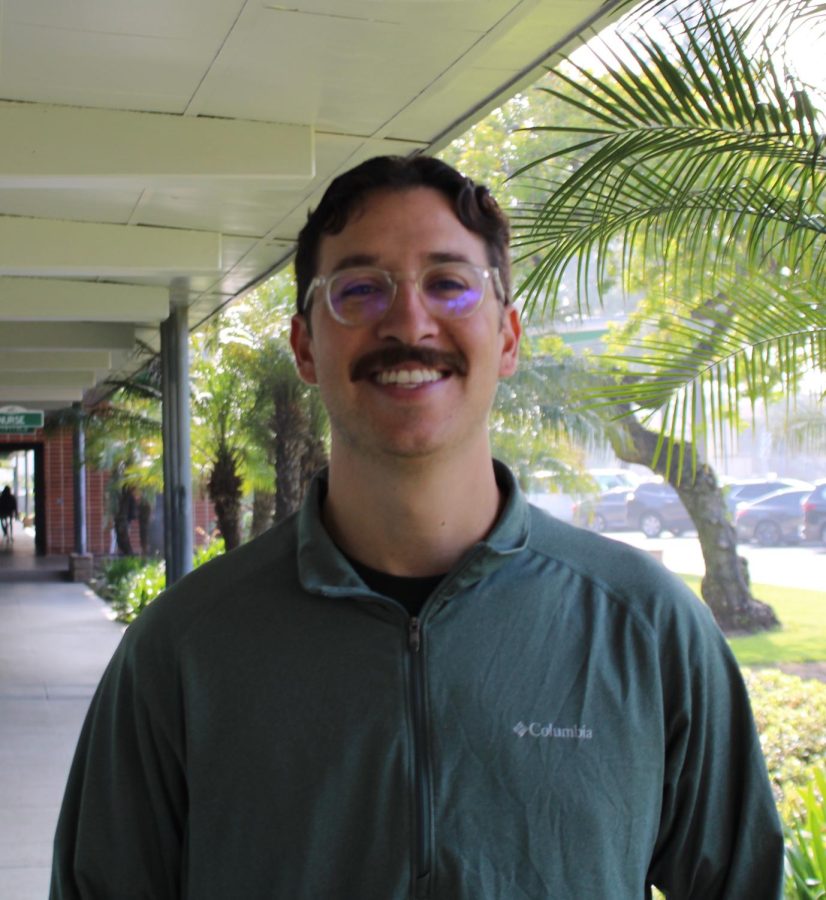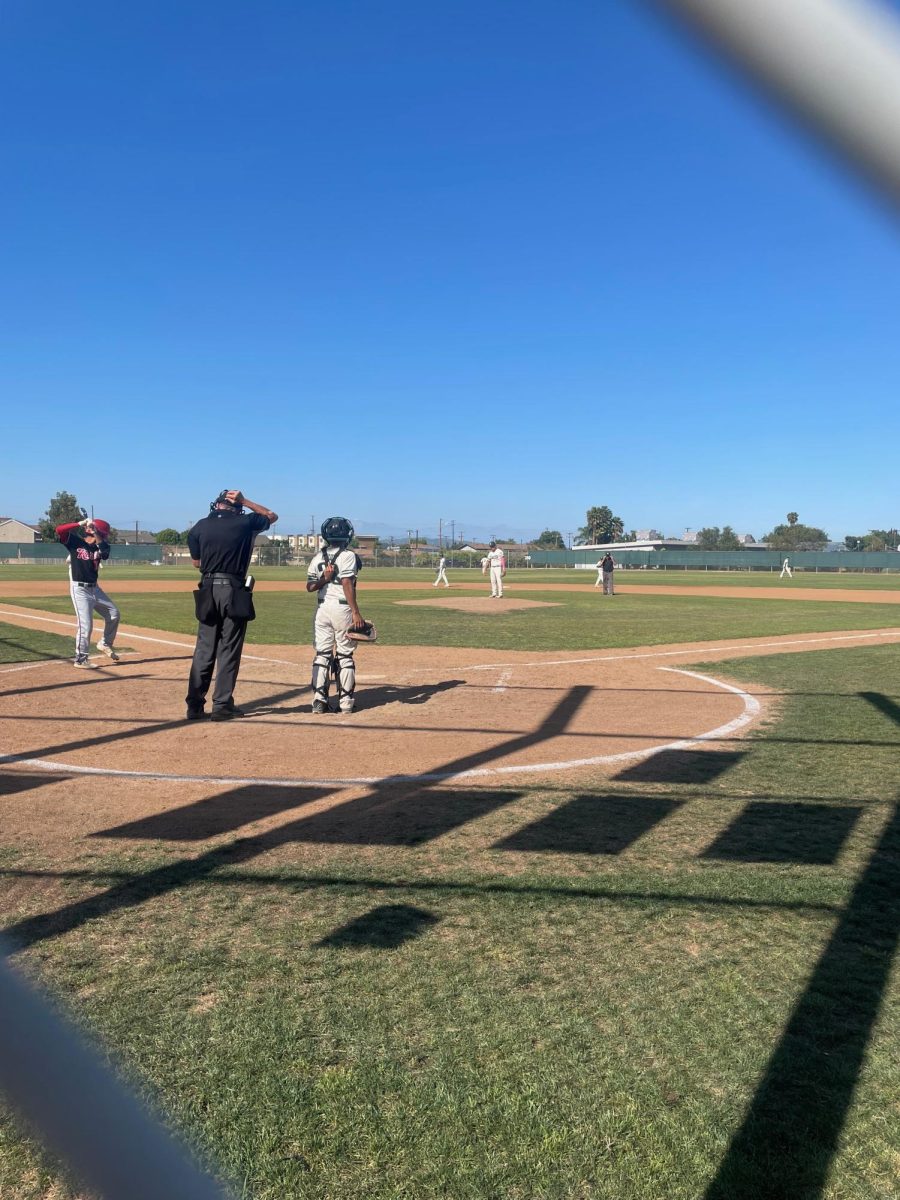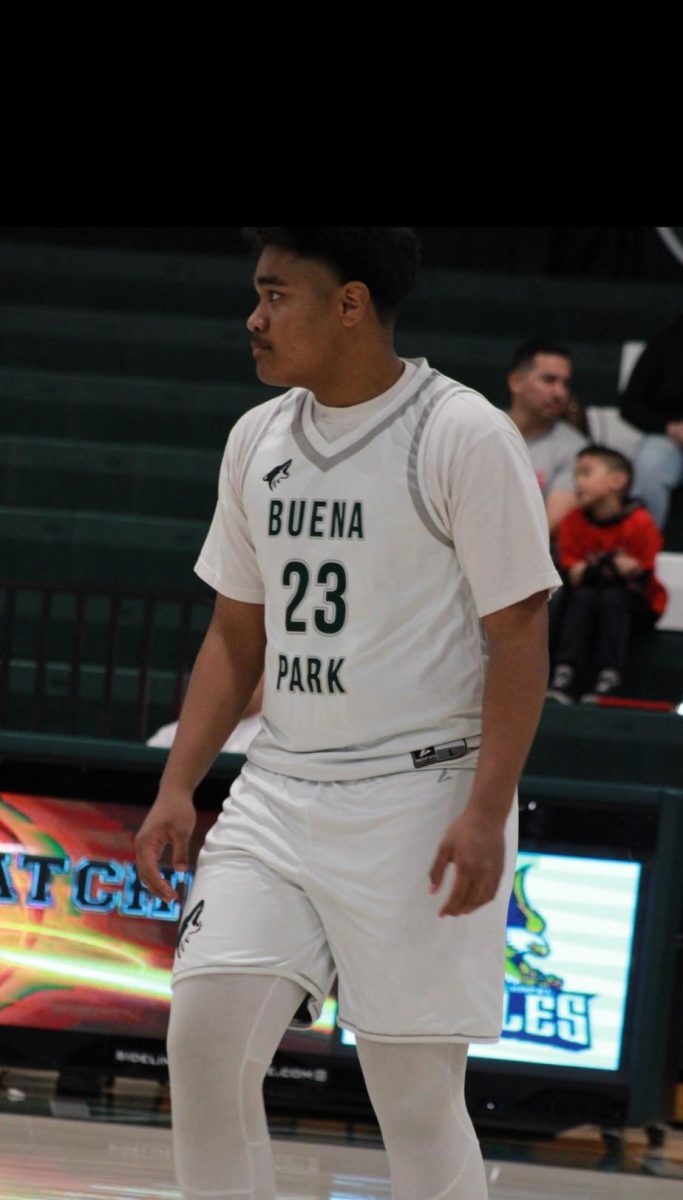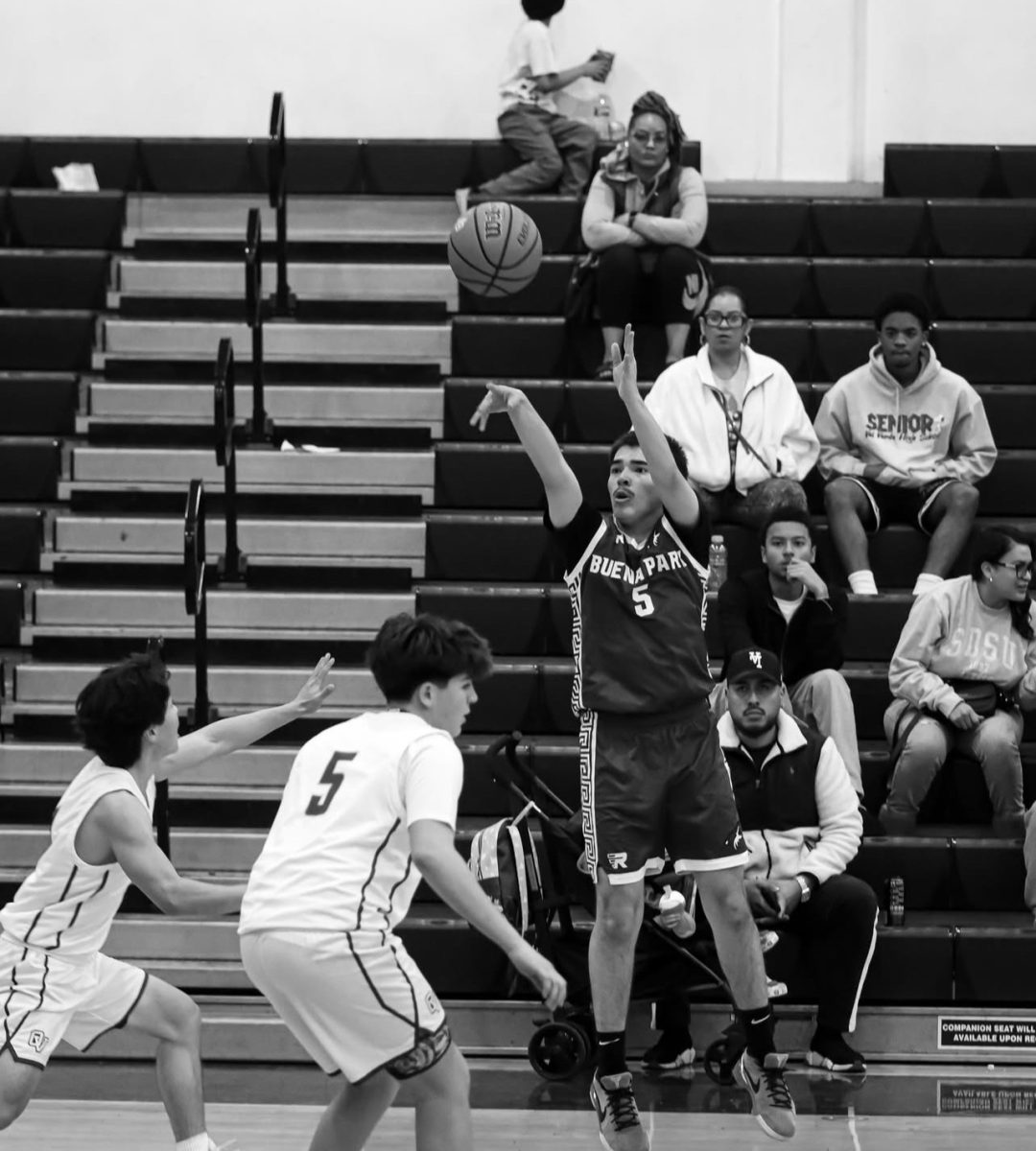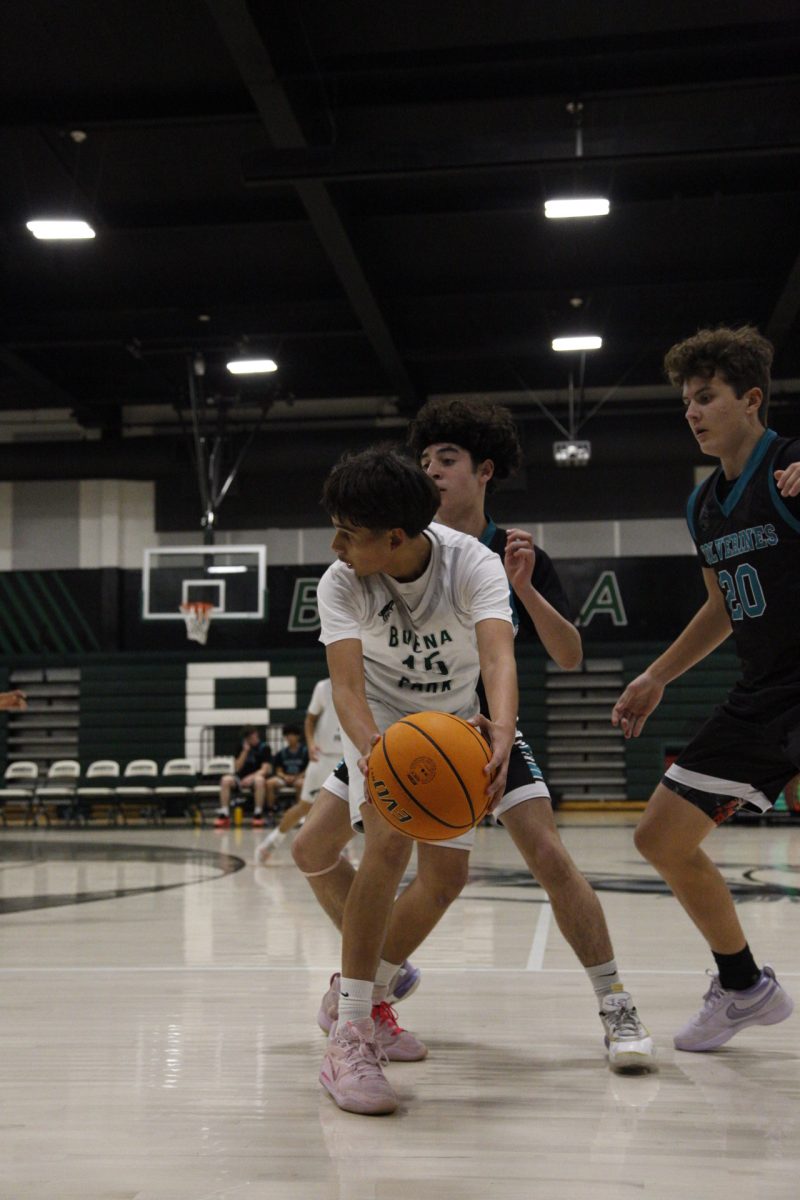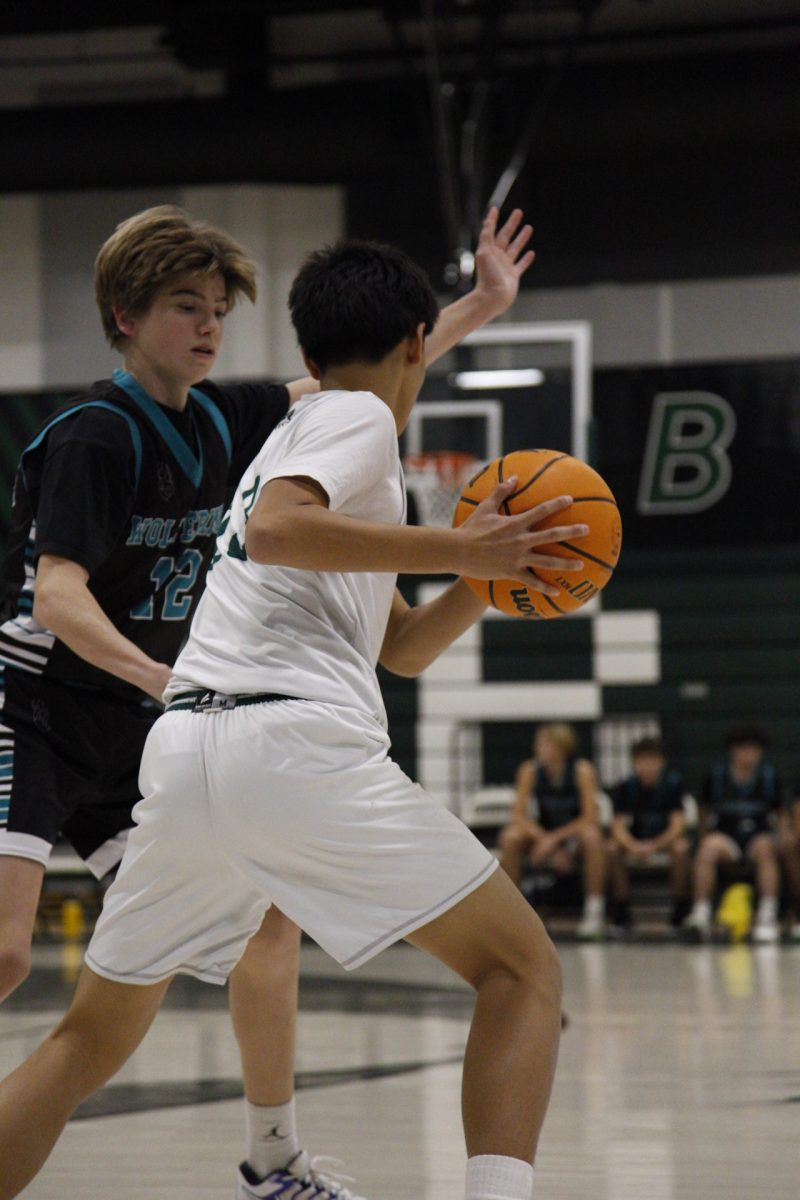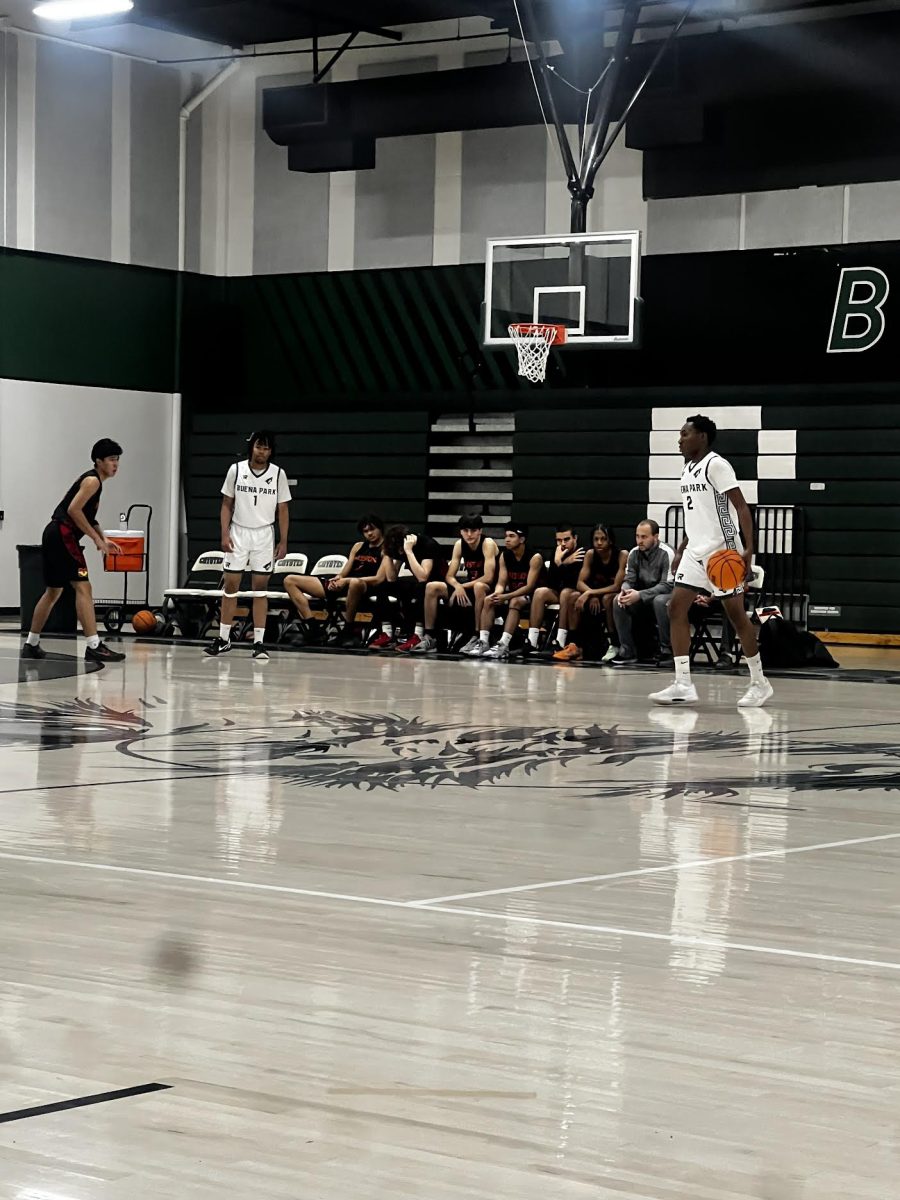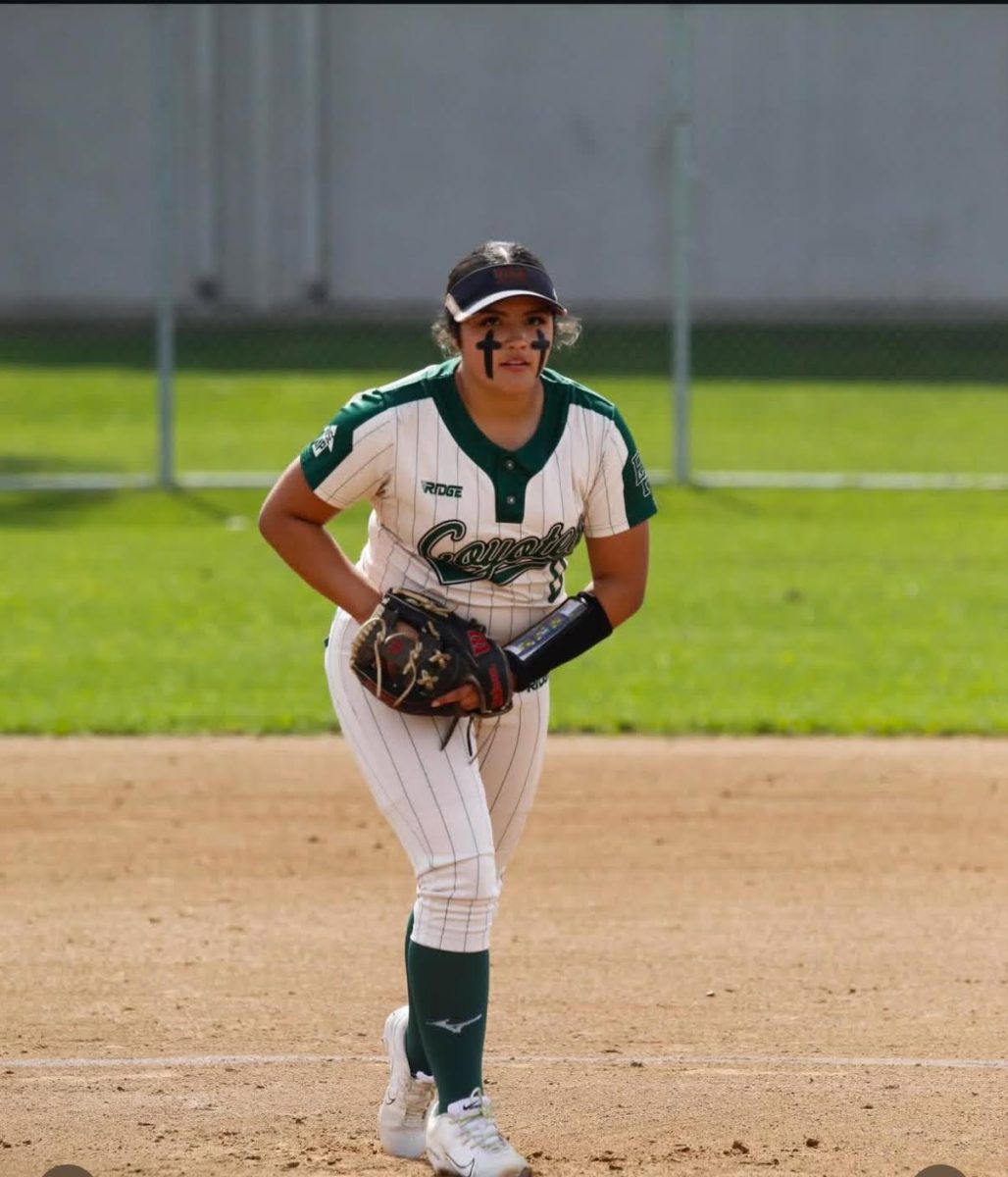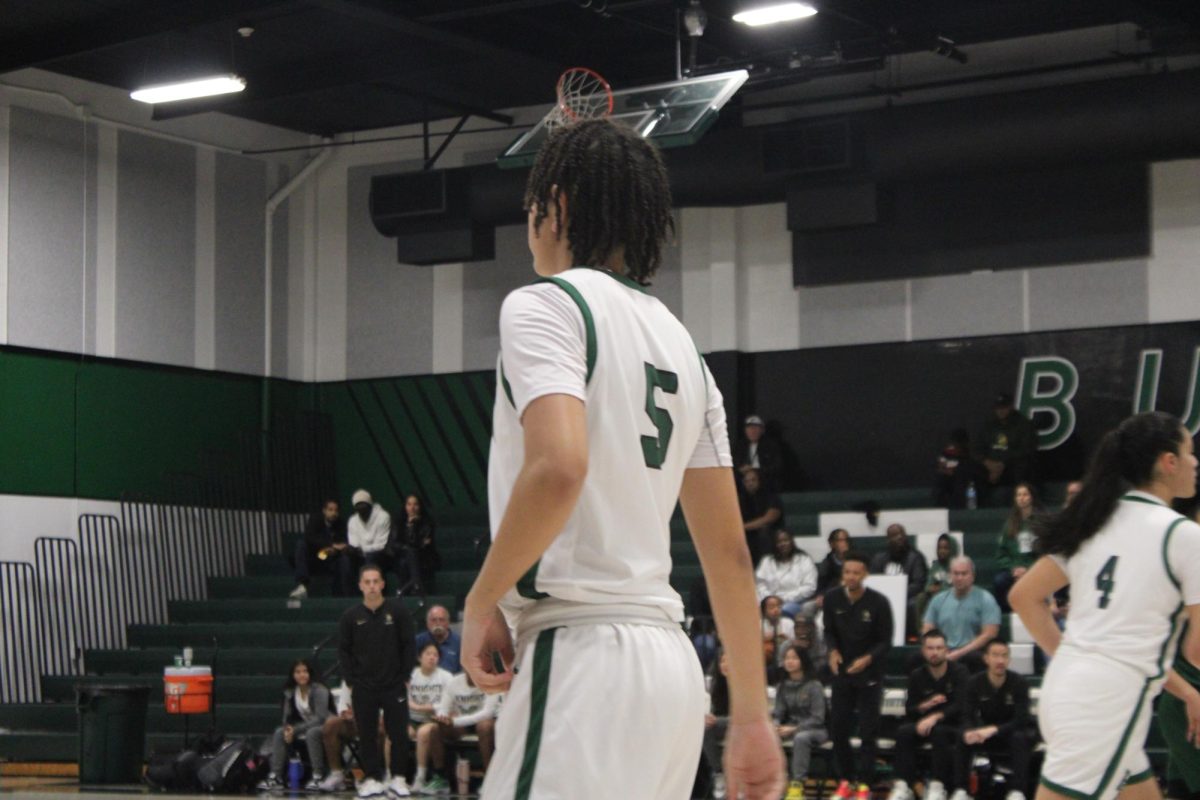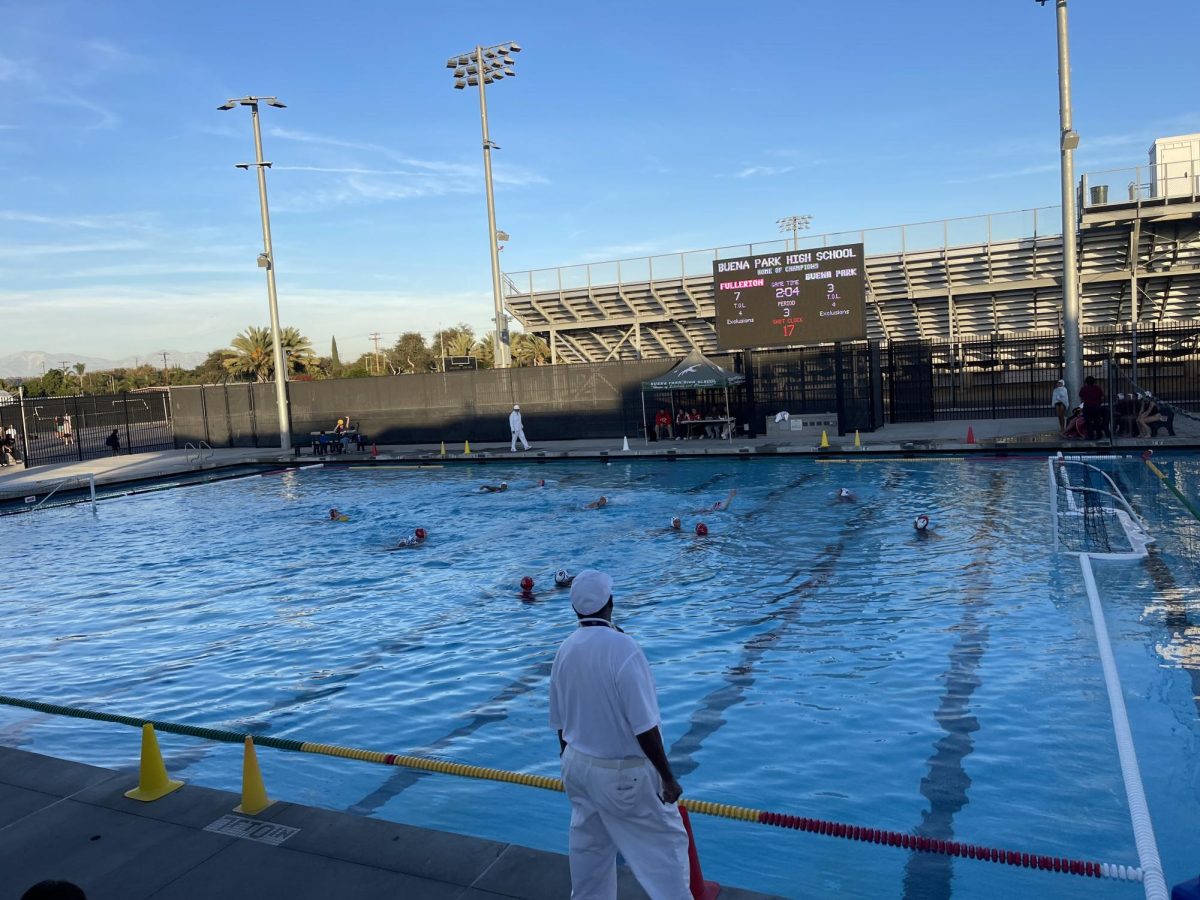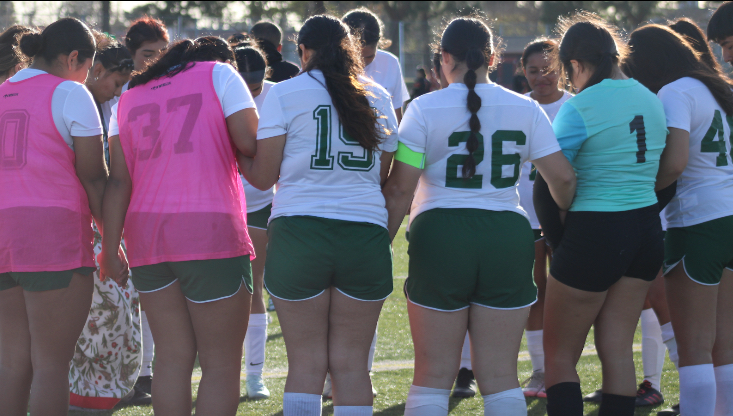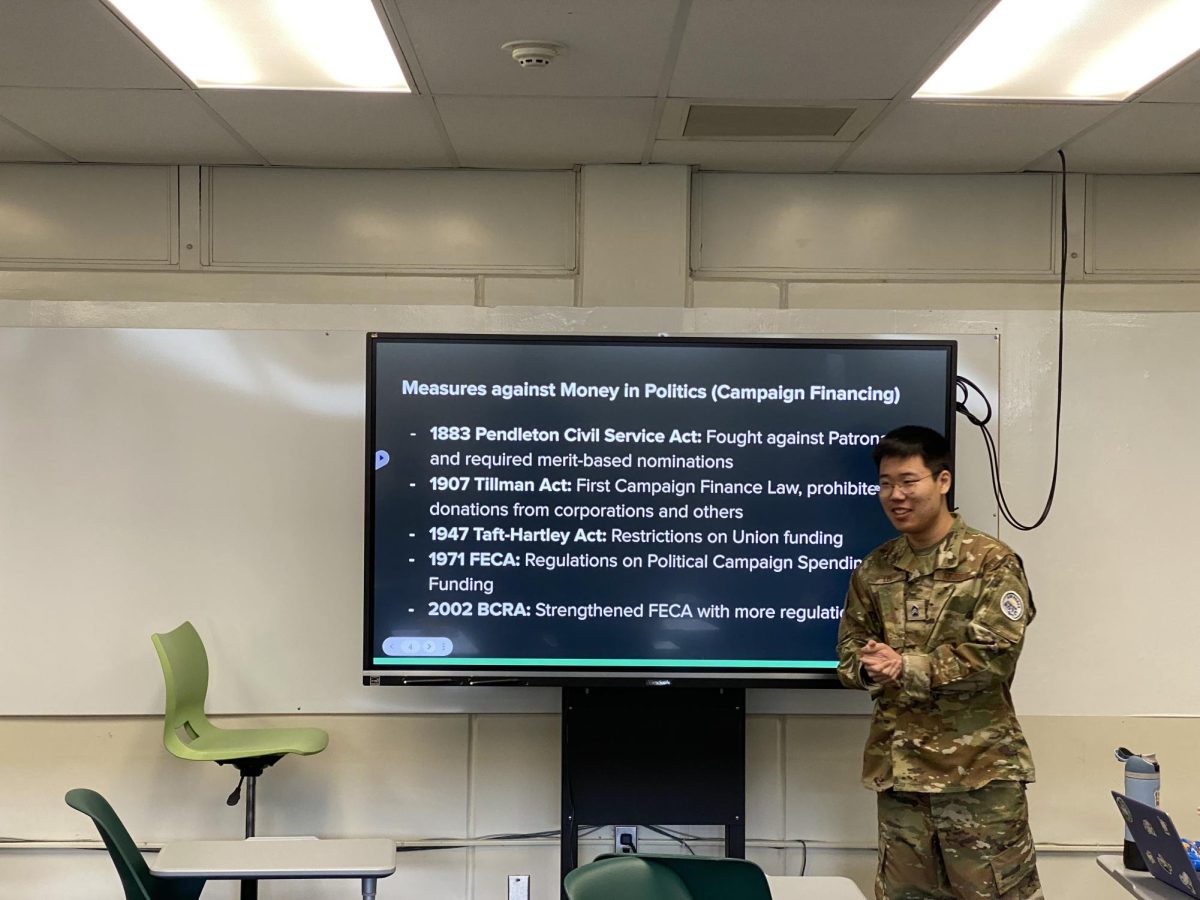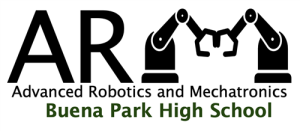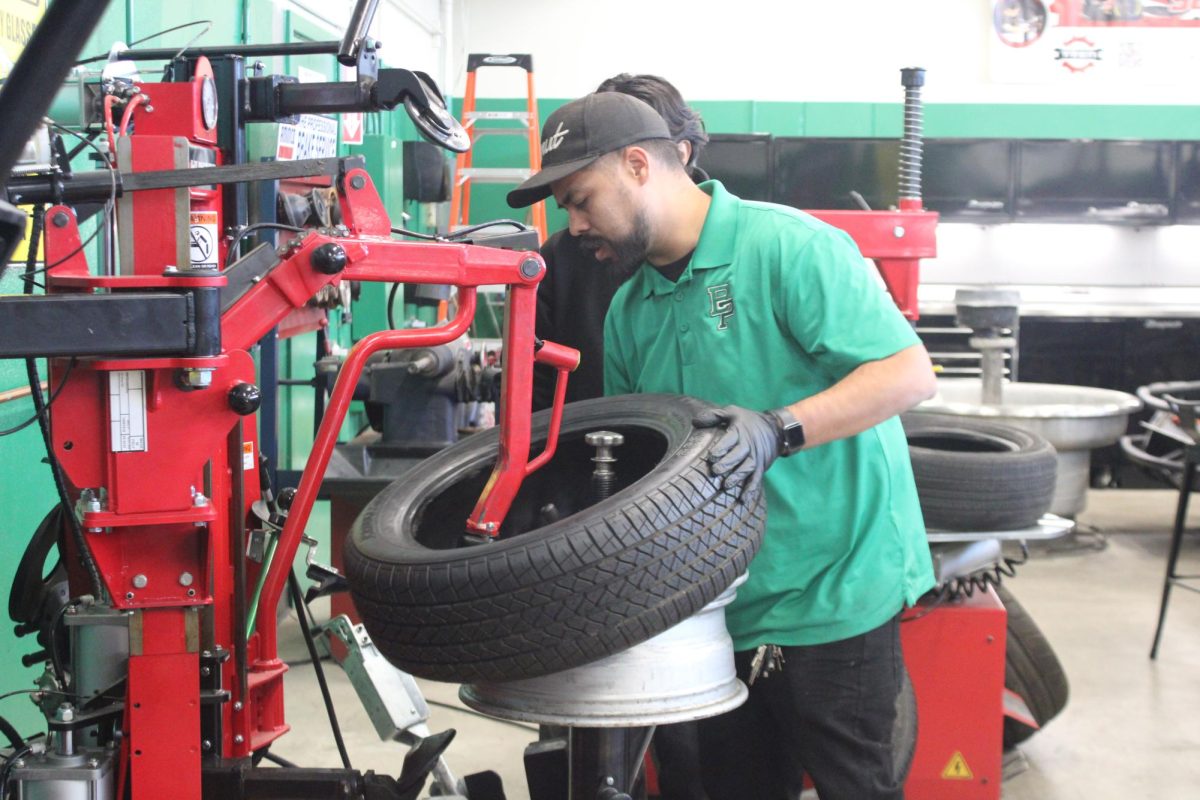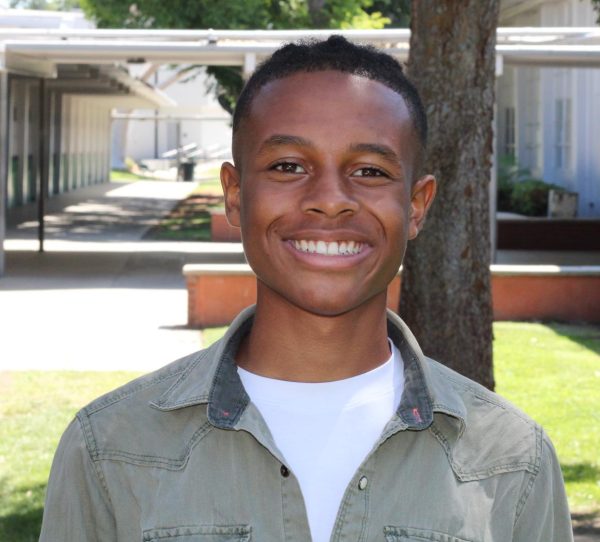High school is a time that’s meant for students to discover what their calling is. Investigating the complex levels of what exactly students would want to pursue past high school is key to fundamental success. So, while they have the opportunity, many high school students at Buena Park try new classes or courses. And, they may not even relate to their current interests. Regardless of this fact, it gives them experiences that could broaden their previous knowledge on the subject.
Taking a course like AP Capstone could do exactly that for motivated students. From asking various or random students across campus, many at Buena Park had a limited idea of what AP Capstone was about. So, a group of Paw Prints reporters decided to dive deeper into the AP Capstone program, discovering its impacts on students involved in the program. These reporters interviewed students from both AP Seminar and Research while also taking time to hear the thoughts of Mr. Vermillion and Mr. Overton, the program’s instructors (Watch the full interviews in the video attached to this article!). Not only does it positively affect Buena Park’s Coyotes in a positive way skillswise, but, there are many academic achievements that entail from joining as well!
The Rundown on AP Capstone
According to the College Board, AP Capstone is a course that allows those to “develop students’ skills in research, analysis, evidence-based arguments, collaboration, writing, and presenting”.
Students that decide to join AP Capstone begin a 2-year long journey filled with research and discovery. The first year-long course these students take is AP Seminar while the second is AP Research. These two courses are required if students wish to successfully complete and earn the AP Capstone Certificate. A score of a 3 of above on the AP Exam is also necessary to accomplish this feat.
If you’re an overachiever, interested students should aim for the AP Capstone Diploma. Similar to the Certificate, students must complete both AP Seminar and AP Research. However, there is a slight difference between these two accomplishments. In order to obtain the AP Capstone Diploma, students must also take and pass 4 additional AP Exams, combining for a whopping 6 exams! This task will land you with a diploma that could then be used on college applications or even your resume. Plus, you get your photo on the side of Buena Park’s Performing Arts Center, which cements your work and effort towards the class.
Step 1 – AP Seminar
To start, students begin with joining AP Seminar. This class mostly consists of Sophomores and Juniors willing to take a stab at the difficult nature of this course.
In simple terms, AP Seminar is a class filled with multiple research projects. These students are given various ideas or topics that relate to real-world issues. We decided to interview Sophomore Andrew Pavon to hear about his experience in Seminar so far.
Danny (Interviewer): Hey Andrew. So, what led you to join the AP Capstone program?
Andrew: I think something that led me to join was that one of my teachers, Mrs. Linstead. She told me I should join the program and that it would help me for college. And I think it just motivated me to take the class and that’s why I took it.
Danny: As a first year student, what project are you currently working on?
Andrew: Right now, my current project is about GMO labeling. We’re talking about how it affects the consumer political lens. We’re talking about how it affects the environment and other stuff too.
Danny: Was there any inspiration on your topic of choice?
Andrew: I think it was just that it was a good project and no one talks about it that much. So basically we did it because of that.
Danny: Nice. Well, to prepare for the AP exam near the end of the school year, what measures will you take to better your chances of passing?
Andrew: It’s important to basically revise everything the teacher has taught us. Also, I’ll ask questions and not be afraid of asking the teacher if I need help.
Danny: Okay. Finally, is there anything else you would like to add about your experience in AP Seminars so far?
Andrew: If you take the class, you should really just do your work and if you do your work, you’re gonna go get a good grade. Just follow what the teacher says basically.
Danny: Alright, thank you! I appreciate that.
In reference to his end-of-the-year AP Exam, Andrew faces two different tasks. Firstly, he must research and present his topic of choice to the College Board. This nerve-wracking experience tests his ability to correctly research, adapt, and talk about what he’s learned during the project duration.
Following this step, on Tuesday, May 7th, Andrew and his peers will head to the gymnasium for their AP Seminar exam. According to the College Board, this test consists of only four questions (three short-answer questions and one essay question). This exam is the ultimate test to fully understand if students are able to analyze an argument given.
It’s evident that students that choose to take this route significantly benefit from AP Seminar. Like Andrew, members get the chance to indulge and learn about research topics. As he mentioned, he and his peers were even able to research an undiscussed field like GMO Labeling. But most importantly, skills that benefit the students with college-leveled coursework are gained from the AP Seminar and Capstone program.
Step 2 – AP Research
If students wish to continue their AP Capstone journey, AP Research is the following step they must take. As the name suggests, AP Research is a thorough research class that allows students to hone their research skills. But, there are some slight differences between Seminar and Research that can’t be avoided.
To figure those differences out, Paw Prints interviewed Alejandro Delgado, Senior at Buena Park. He’s been a member of the Capstone program and discussed those realizations and differences he had between these two classes.
Danny (Interviewer): As someone who has already taken AP Seminar, what are the differences between the two?
Alex: With AP Seminar, you’re working more with groups. You also already have a set topic too. In AP Research, you only have one topic and that’s your whole research project throughout the year. You’re doing way more stuff on your own and the teachers don’t help you as much. Everything is pretty much on your own basically.
Danny: What was your research topic for AP Research this year?
Alex: So basically, my research project is going to be on student-athletes and how their sport and schedule affects their mental health. Since I am a student-athlete myself, I feel like that’s a really challenging aspect trying to balance school with my extracurriculars.
Danny: What skills are you most focused on developing to help prepare you for your end-of-the year presentation?
Alex: Well, I want to learn how to use my hands better in presentations. I also want to be more confident when I speak and stop being shy when I go up to present.
Although these classes seem similar in nature, there are certain elements that separate them. As Alejandro mentions, Research is a class that draws much more solo work. These students already know what to expect when joining AP Research, meaning more is expected from the College Board. However, this is in contrast to the usual group projects and presentations that Andrew is used to doing.
Furthermore, a big relief that AP Research students could lift off their shoulders is that they don’t have to worry about an AP Exam. But, this stress may flow back in different ways. Instead of an AP Exam, students are required to work on a 4-5k worded research article dedicated to their topic of choice.
Now, this may seem like a difficult commitment. But, as previously mentioned, AP Research students know what they’re getting into. They’re up for the challenge.
AP Seminar was the first step of success for these students. But, AP Research is the ultimate final step to cement their learnings from college coursework.
The Finale!
To conclude, students could choose to take various avenues in high school. Some may choose STEM while others could try out Band or Orchestra. However, taking a shot at higher education has shown to ultimately benefit those who decided to choose AP Capstone.
If you’re interested in hearing more about the program from those involved, watch Paw Print’s latest YouTube video about AP Capstone (linked above)!

